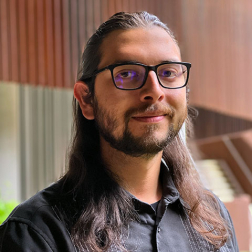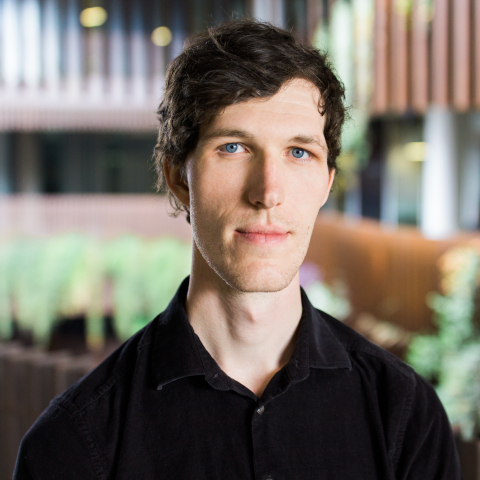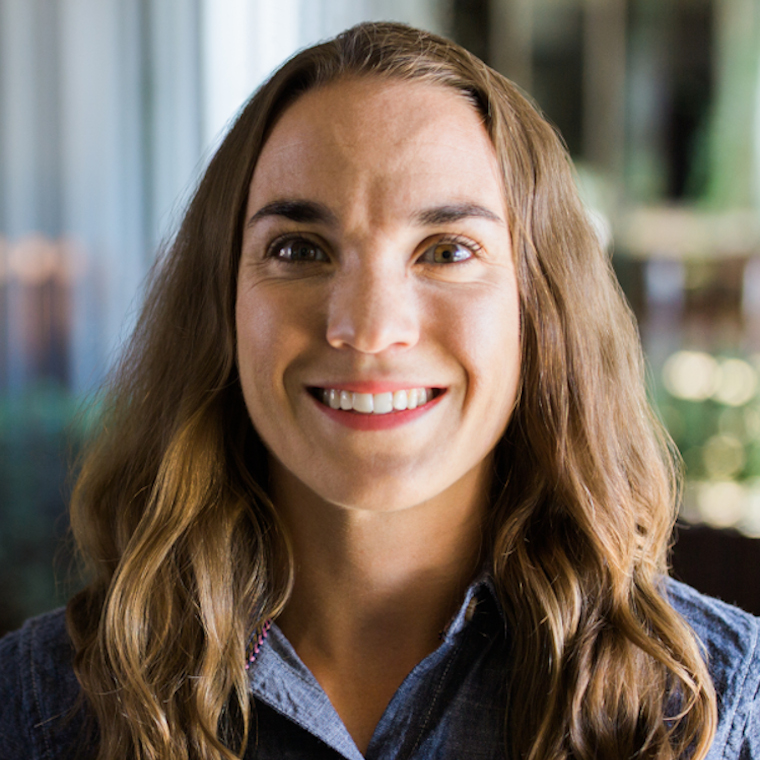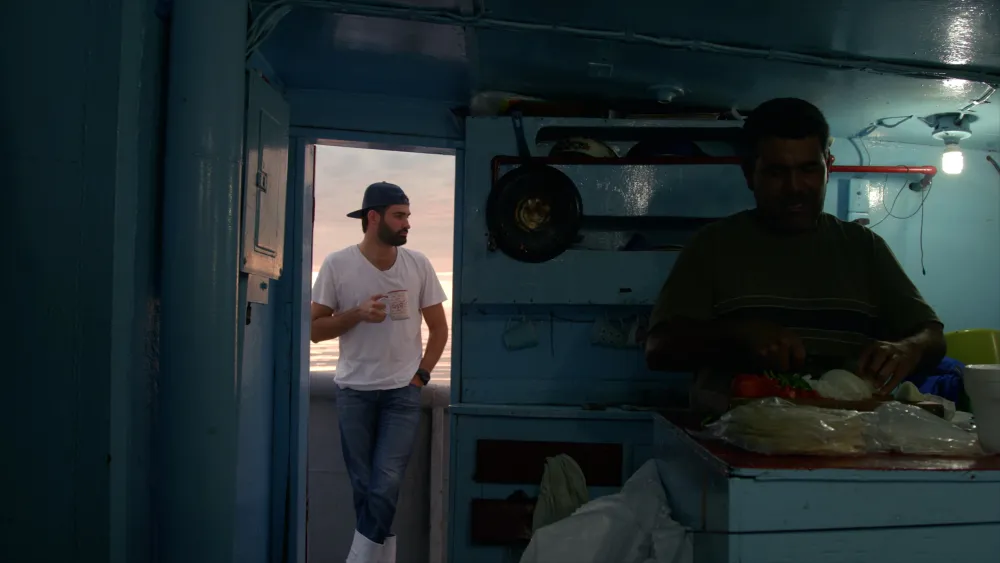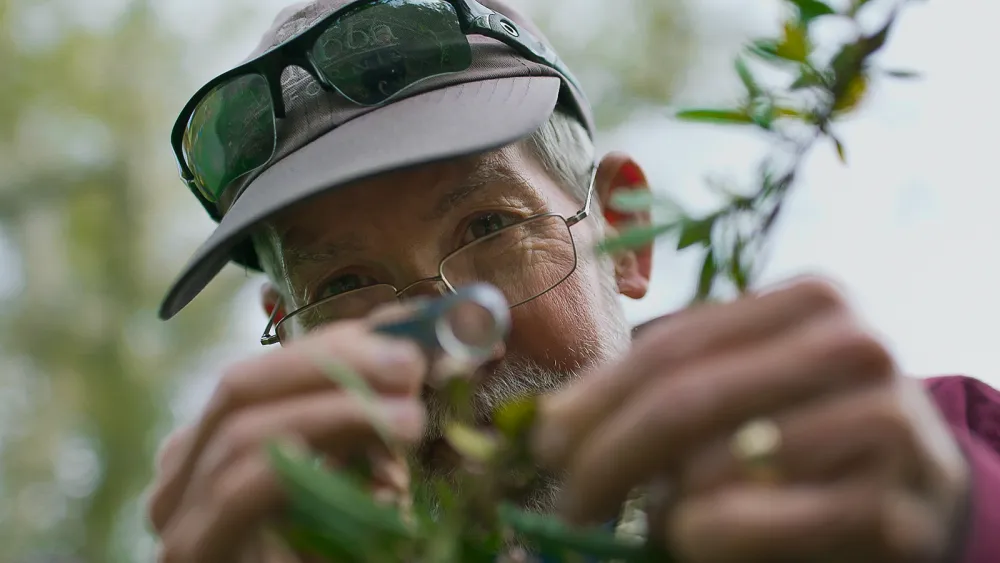Small Discoveries in Unexpected Places
For the past decade, Dr. Jean McLain in the Department of Environmental Science at the University of Arizona has tackled the environmental challenge of what makes algae in our water bodies suddenly become deadly. And now, she finally has a clue.
Algae has existed for billions of years. But we know little about why algae suddenly grows out of control and produces dangerous toxins. Known as harmful algal blooms, the blue-green algae (also known as cyanobacteria) produces toxins that sicken people, kill animals and wreak havoc on our water treatment systems.
Through water sampling, microbiological analysis and collaboration with local municipalities, Dr. McLain and her student Robert Lynch discovered that something in recycled water inhibits the growth of toxic algae. This initial discovery could help scientists and governments better understand and predict algal toxins all over the world.
About the Project
Landmark Stories is proud to partner up with the Department of Environmental Science at the University of Arizona to tell a series of stories about students and faculty members who are making a difference in our communities and the world. Together we tell the real stories and journeys of the people who are working tirelessly to find solutions to some of the biggest environmental challenges we are facing today to improve the quality of life for all.
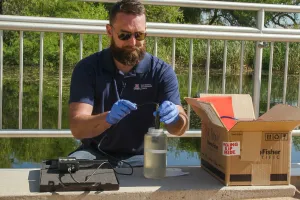
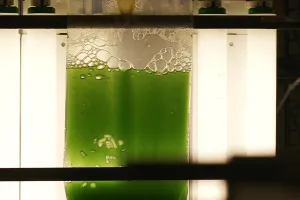
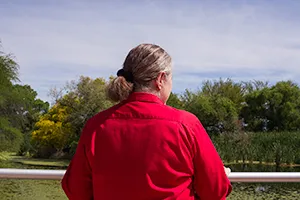
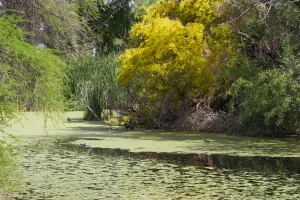
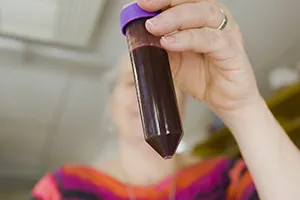
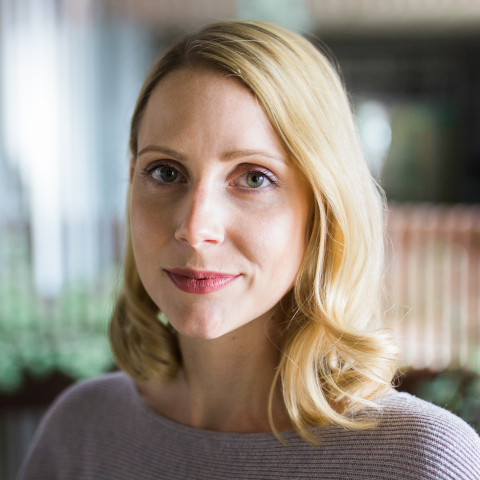
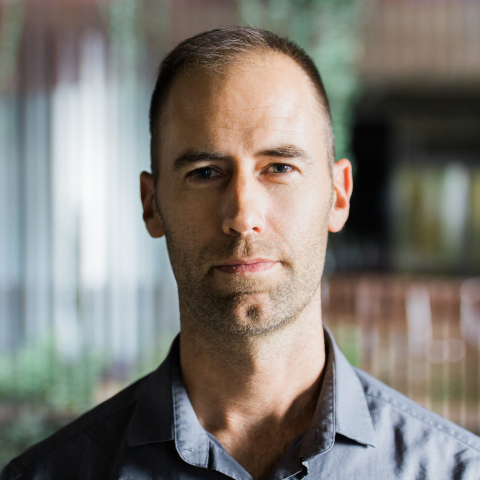
Second Camera
